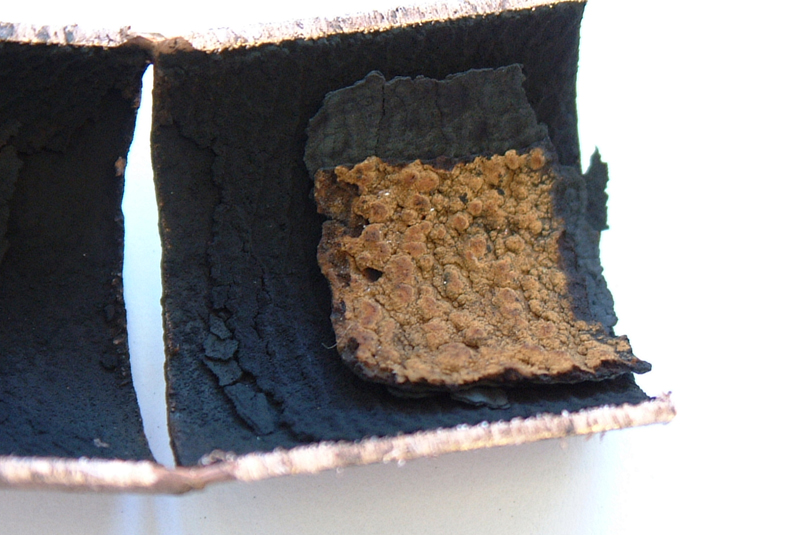
Detecting sludge build-up in a heating system is key to long-term boiler efficiency, but what are the tell-tale signs and the best forms of treatment? Graham Collins at Baxi provides the answers.
Corrosion within a central heating system is fairly common and one of the tell-tale signs is a build-up of sludge, or magnetite, as it is commonly known. While sludge can decrease overall efficiency by limiting the flow of water throughout the heating system, its metal deposits can also become thermal conductors, reducing the effectiveness of radiators and the level of heat that they are able to produce.
How to spot sludge build-up
There are a number of tell-tale signs. For example, patchy areas of warmth on the radiator or even a cold band at the bottom are common indicators. A radiator that is cold to touch but with connecting pipework that is hot, can also indicate sludge build-up. On occasion, homeowners may also comment on the system being noisy, describing the sound as popping, clunking and banging, commonly referred to in the heating industry as kettling.
What a filter does
The introduction of a magnetic filter stops sludge from entering inside the core boiler components such as the diverter valve, pump or plate heat exchanger. A lack of proper treatment can result in system failure, leading to poor heating and domestic hot water performance in the home. In worst-case scenarios, complete failure is also a possibility.
Potential savings
The term efficiency may seem a little ambiguous for consumers, but the potential savings achievable from a filter installation are considerable. In fact, ADEY has calculated that a filter can save 7% on heating bills annually and vastly improve radiator performance the performance of radiators, increasing output by 47%.
What to look for in a filter
Filtering or preventing a build-up of metallic or ferrous substances from a heating system is key, but remember boilers also contain non-ferrous substances such as copper, zinc or aluminium. Look for a magnetic filter that attracts metallic and non-metallic substances, for ultimate protection.
To inhibit or not to inhibit
An inhibitor balances out the pH of the water, thereby reducing the risk of corrosion within the system. They are particularly important for heating systems in hard water areas. In fact, did you know that within the Domestic Building Services Compliance Guide, which forms part of the Building Regulations suite of documents, it is required that a central heating system should be cleaned and flushed before adding inhibitor chemicals?
Annual service
There is a common consumer misconception that the installation of a magnetic filter means they no longer require a boiler service. It is important to stress to homeowners that an annual boiler service remains essential for the continued maintenance and safe running of the entire heating system.
Always take the time to clean the filter during a service to ensure the optimum performance of the heating system. It is also best practice is to check the concentration of the inhibitor at the time of the service.
Understanding filter basics will not only help to ensure installers get the right one for the job, it will also help to upsell to a customer – building trust and ultimately enhancing your reputation.













